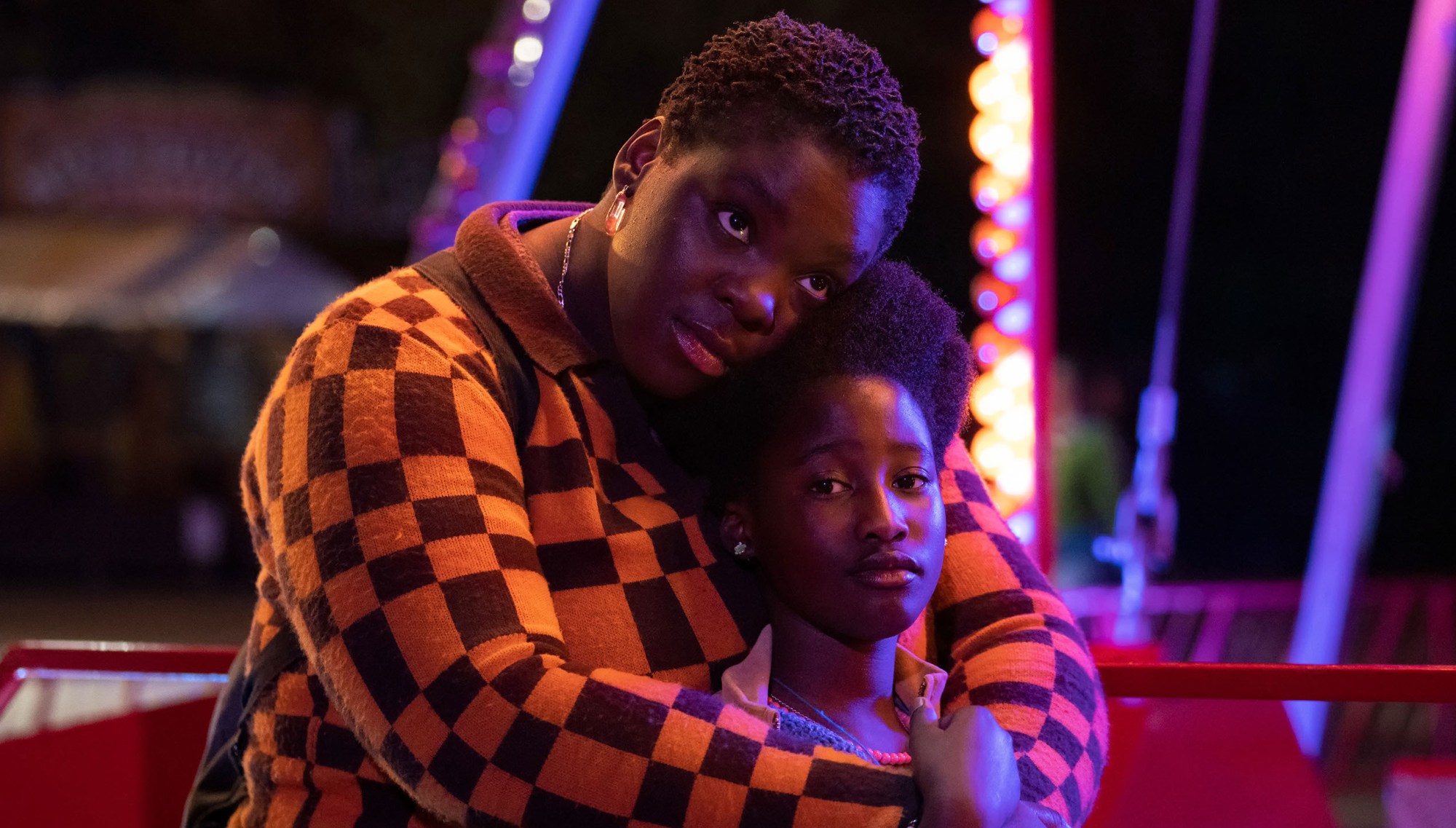
- Festivals
“Girl” Deftly Avoids Sensationalizing Black Women’s Trauma
One of the many standout films at this year’s Sundance Film Festival was Adura Onashile’s feature debut Girl. The film follows the mother-daughter unit Grace and Ama as they try to adapt to life in Scotland after escaping unspeakable violence in their native Republic of the Congo.
The drama serves as a coming-of-age story for the 11-year-old Ama, who is held hostage by her mother’s trauma while trying to navigate her own burgeoning womanhood.
At only 24 years of age, Grace has no idea how to deal with her PTSD outside of trying to shelter Ama from the world. Grace’s idea of love comes in the form of reclusiveness but, like the audience, Ama has no idea what happened to her mother back home. Through all the tension and mystery, the bond between mother and daughter is palpable, relatable, and heartbreaking because of the film’s impressive use of silence, movement, sequence, cinematography, and timing.
At the January 22nd screening of the film in Park City, screenwriter and director Onashile addressed audience questions about the film, which mostly centered around how she was able to honor Grace and Ama’s journey without letting it become the trauma porn that so many Black stories often devolve into on-screen. Onashile revealed that one of the narrative forms of storytelling she borrowed from was poetry, which often utilizes absence and relies on the audience’s own imagination and interpretation of events.
“I love Jamaica Kincaid’s poetry. Adrienne Rich is brilliant. Nikki Giovanni is brilliant as well. There’s a sparseness to some of their work that I just find really, really beautiful,” Onashile stated. “I always say I’m not particularly good at dialogue, so, my writing leans more towards poetry anyway.”
She went on to explain: “There were a lot of scenes, even at script stage, that didn’t have dialogue. I knew that most of the information that we wanted to get from the characters was from watching them. These are characters that don’t fully express themselves, aren’t free enough to express themselves. You’re looking for details.”
When asked specifically about her writing and directing decision to hold some things back from the audience (which isn’t an easy choice considering how the exploitation of Black pain often sells scripts and tickets), Onashile admitted “Oh my God, this is the big, big question for me. Huge!”
“I know there’s an appetite for Black pain on screen. I know there’s an appetite for Black trauma on screen,” Onashile continued. “That’s why it was so important that this film was super beautiful as well. In my experience, trauma can sit next to beauty. When we depict trauma on film we often go all the way. We go gritty and hard and dark. In reality, trauma survivors are literally survivors, and then they’re thrivers. There’s beauty there. That’s one thing. The other thing is: I don’t think you need to show things graphically for people to know what is going on. Our imaginations are way more fantastical and capable of going to places that you don’t need to show on film. I think I’m super conscious about women’s bodies, Black people’s bodies, violence against bodies on screen. So, we never went there. I knew we were never going to go there. But it’s a struggle, especially when you want to write about trauma in order to get to the other side of it.”
Girl was developed via iFeatures and BBC Film, and was supported in production by the British Film Institute, BBC Film and Screen Scotland. Girl will open the 2023 Glasgow film festival.

